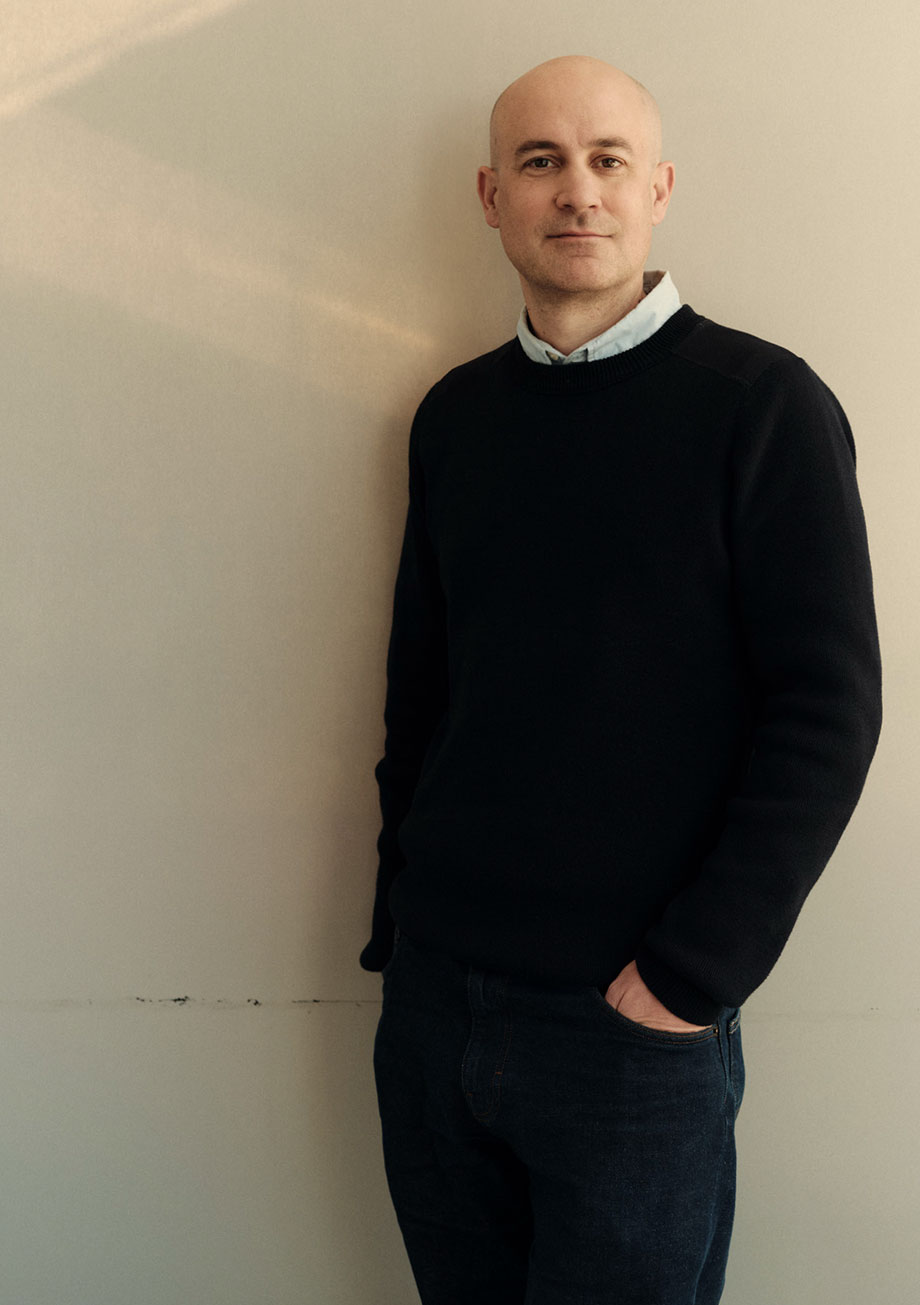- The school
- Studies and Research
- BACHELOR
- MASTER
- DOCTORATE
- RESEARCH
- TRANSDISCIPLINARITY
- POOLS
- CONTINUING EDUCATION
- Continuing education 2025-2026
- Artificial Intelligence, initiation
- Artificial Intelligence, Advanced
- Artificial intelligence open-source, ComfyUI
- Creative coding
- Engage with drawing
- Frame-by-frame animation
- Immersive Mapping : Unreal Engine & MadMapper
- 3D exhibition modeling in SketchUp
- 3D modeling, Blender
- Point cloud scanning
- Documentary podcast
- Serious games
- For students
- Studying at the HEAD
- InfoLab
- Living in Geneva
- Tuition fees and sholarship
- Library
- Regulations and instructions
- Projects
- Events
- Press
- Partnerships and prizes
In memory of Nicolas Nova (1977-2024)
On 31 December 2024, Nicolas Nova, full professor at HEAD – Genève, passed away suddenly at the age of 47. He was passionate about travelling, mixing landscapes, folklore and the imaginary world. He drew on these experiences as material for his research, exploring the links between nature, technology and beliefs. Nicolas Nova was a visionary whose curiosity and generosity had a profound impact on his students, colleagues and friends. His death is a great loss for the design community, the humanities and digital cultures.
A career combining technology and social sciences
Born in Roanne (France) in 1977, Nicolas Nova has a dual background in natural and cognitive sciences. He has completed two doctoral theses: one in human-computer interaction (EPFL, 2007) on location-based media, and the other in social sciences (University of Geneva, 2018) on the role of the smartphone in our lives. He excelled at building bridges between disciplines, bringing together communities of researchers, artists and designers around new ideas. As co-founder of the Lift conferences in Geneva (2006), he encouraged us to look at technologies in a new light: going beyond superficial criticism, he explored their paradoxes and unexpected uses.
Exploring the margins and subcultures
Nicolas Nova was particularly intrigued by fringe practices and the unlikely encounters of subcultures. One of his first books, 8-Bit Reggae (2014), analysed the collision between video game culture and reggae/dub. For him, technologies are never homogenous: they tell rich and contradictory stories, shaped by social practices and misappropriations. He delighted in observing what objects reveal about our societies: be it bugs, improvised repairs or digital rituals.
Design fiction
His book Futurs? La panne des imaginaires technologiques (2014) examined how dystopian and utopian tropes in science fiction films are frequently adopted uncritically by the tech industry. As a co-founder of the Near Future Laboratory (2006) and later in collaboration with his partner Fabien Girardin (2024), he pioneered the integration of ‘design fiction’ into professional practice. An approach in which the production of fictional objects invites us to question possible futures. In so doing, he sought to go beyond the dominant narratives in order to envision more equitable alternatives.
Thinking the Ecology of Technologies
Ecology—the interplay between human, natural, and machine environments—was central to his recent work. He explored the evolving landscapes of the Alps and ski resorts through the role-playing game developed for the Chamonix-Sentinelles research project (HEAD, 2023) and his essay Fragments d'une montagne (2023). At the same time, he led two SNSF projects at HEAD (2017 and 2024) on the issue of ‘digital waste,’ investigating how obsolete objects are repaired or repurposed outside conventional industrial systems. These initiatives reflect his dedication to form as a vital and integral part of his research process.
From Bestiaries to Folklore
He continued exploring hybrid cultures in Bestiaire de l'anthropocène (2023), co-authored with the Disnovation collective. This body of work catalogs hybrid entities like plastiglomerates, robot dogs, antenna trees, and decapitated mountains, showcasing the merging of the technosphere and biosphere. Designed for exhibitions and posters, this book reflects his commitment to making research both accessible and impactful. His final essay, Persistances du merveilleux. Le petit peuple de nos machines (2024), delves into the hidden dimensions of digital technology—trolls, daemons, and other "ghosts" of programs—continuing his inventory of technological imaginations.
A Contextual Approach to Teaching
At HEAD – Genève, Nicolas Nova was a passionate educator who inspired students to observe, question, and create. His teaching extended beyond the classroom, encompassing seminars, alpine excursions, and workshops on electronic waste. In his Master’s Media Design courses—Alpine Technosphere, Tech Mining, and Making Sense of Algorithms—he combined poetic exploration with critical analysis, offering students fresh perspectives. His kindness and expertise shaped generations of designers, fostering curiosity and opening up new perspectives for them. The principles of his teaching are captured in Enquête/création en design (2021), Exercices d'observation (2022), and En quête d'images (2024).
A scout for possible futures
Nicolas Nova leaves behind a rich body of work, consisting of 19 books and numerous articles. He had a unique ability to see potential in the interstices of the ordinary and to encourage others to think and do differently. In an often competitive academic world, he embodied collective and generous thinking. Through his work, he showed that design is much more than a matter of taste: it is a situated way of understanding the present and imagining alternative futures.
— — —
Anthony Masure is Associate Professor and Head of Research at the Geneva University of Art and Design (HEAD - Genève, HES-SO).
Alexia Mathieu is Assistant Professor and Head of the Media Design Master's programme at the Geneva University of Art and Design (HEAD - Genève, HES-SO).
— — —
HEAD – Genève extends its heartfelt condolences to Nicolas Nova's family, friends, colleagues, and students.
An online tribute space is available at nicolasnova.org for those wishing to leave farewell messages. Additionally, a condolence card is available at the Visual Communication department's secretariat, where you can write messages of support to be shared with his family and friends.
Several tributes will be held in Nicolas Nova's honor, including a call for noticing exercices on February 8, 2025.

Hommage à Nicolas Nova (1977-2024)
© Alicia Dubuis, HEAD – Genève, décembre 2023
© Alicia Dubuis, HEAD – Genève, décembre 2023
